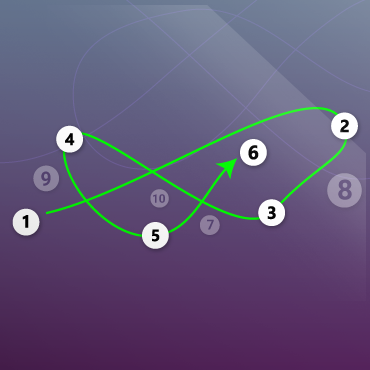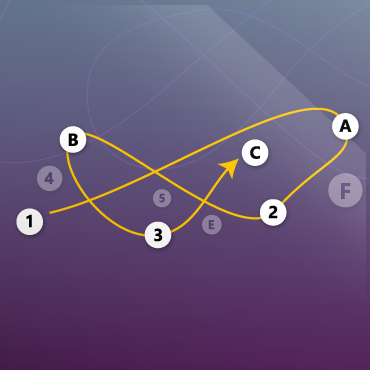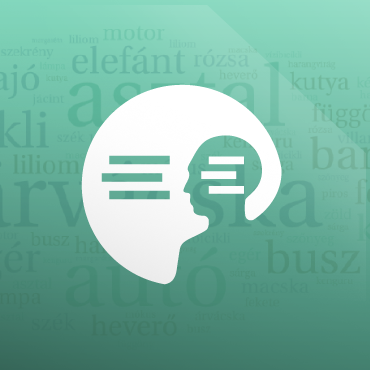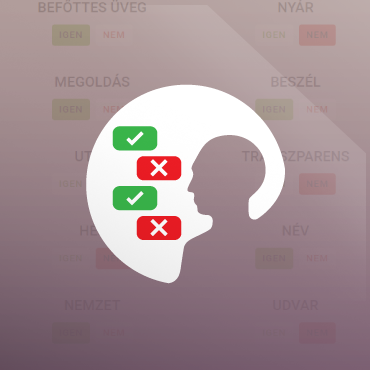-
-
Medical care
-
The key role of lifestyle
-
Tracking condition
The severity of dementia today
According to estimates by the World Health Organization (WHO), currently about 50 million people worldwide live with dementia, with approximately 10 million new cases each year. The disease affects 5-8% of the population aged 60 and older. By 2030, it is projected that there will be around 82 million cases, and by 2050, there could be as many as 152 million people living with dementia worldwide.
In Europe, approximately 10 million people are currently dealing with dementia or a neurodegenerative disease, while twenty years ago, fewer than 6 million were affected. By 2030, it's expected that this number will likely reach 20 million.
Besides personal and medical care, there is an increasing role for developing technology and technological innovations in providing assistance to patients with these chronic conditions, enabling them to live independently for as long as possible
University research cannot precisely determine the underlying causes of Alzheimer's disease, but it confidently asserts that human lifestyle plays a pivotal role.
Early treatment can improve the quality of life!
Emphasis on PREVENTION!
It can be stated that maintaining proper blood pressure, preventing cardiovascular diseases, and engaging in physical and mental activities may not entirely prevent or eliminate these diseases, but they can delay their onset. These lifestyle changes should ideally begin in our 30s and 40s. Ongoing developments in drug research may bring breakthroughs in symptom management, yet even in this case, emphasis will still be on prevention. Early initiation of treatment can slow down the progression of the disease and improve the patient's quality of life.
If you are healthy, it's worth taking a few minutes to independently play games online. If you have an acute dementia-related illness, these tests can become part of your daily routine tasks.

Even if you are healthy, it's worth taking a few minutes to test yourself
Continue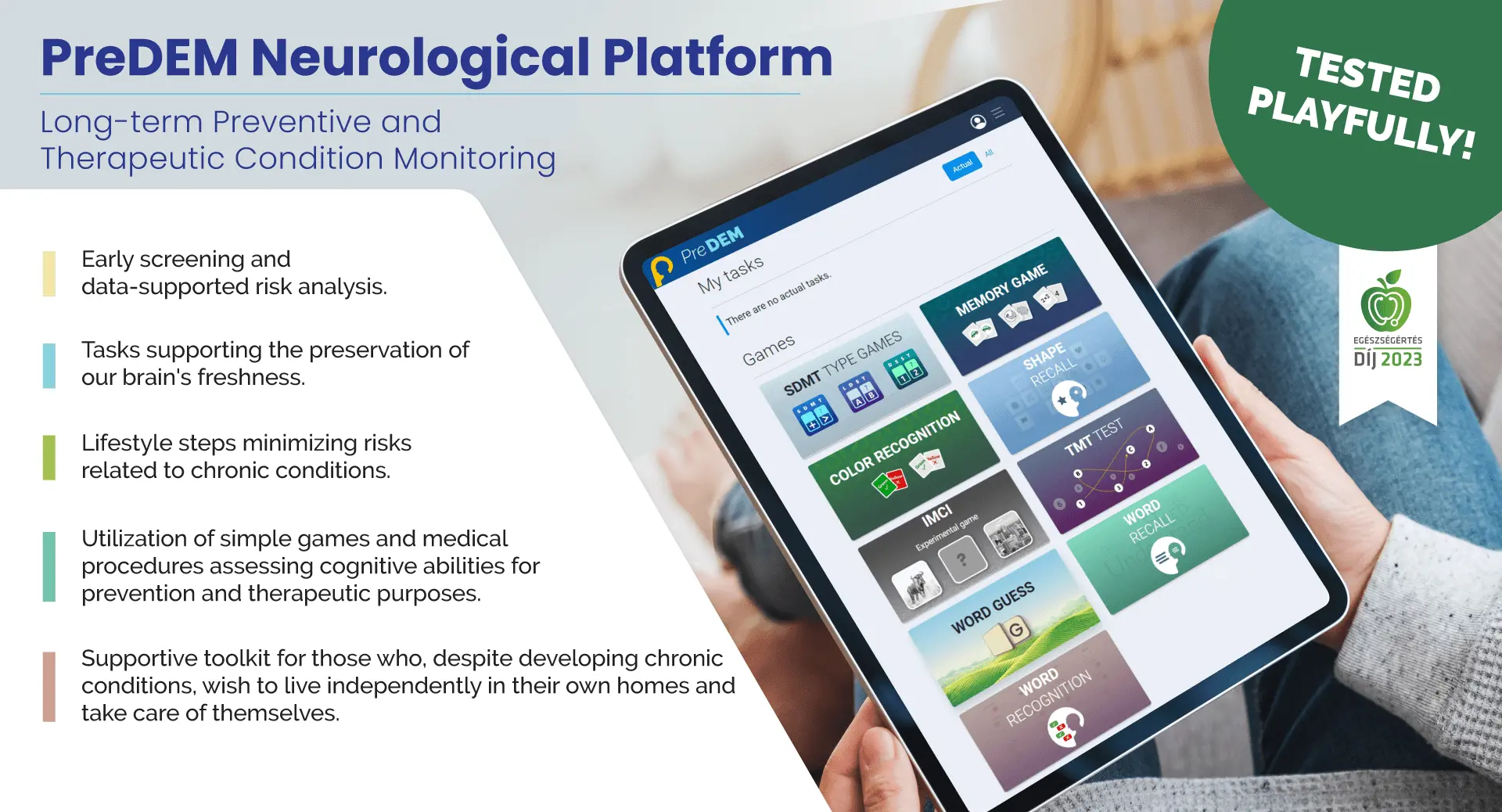
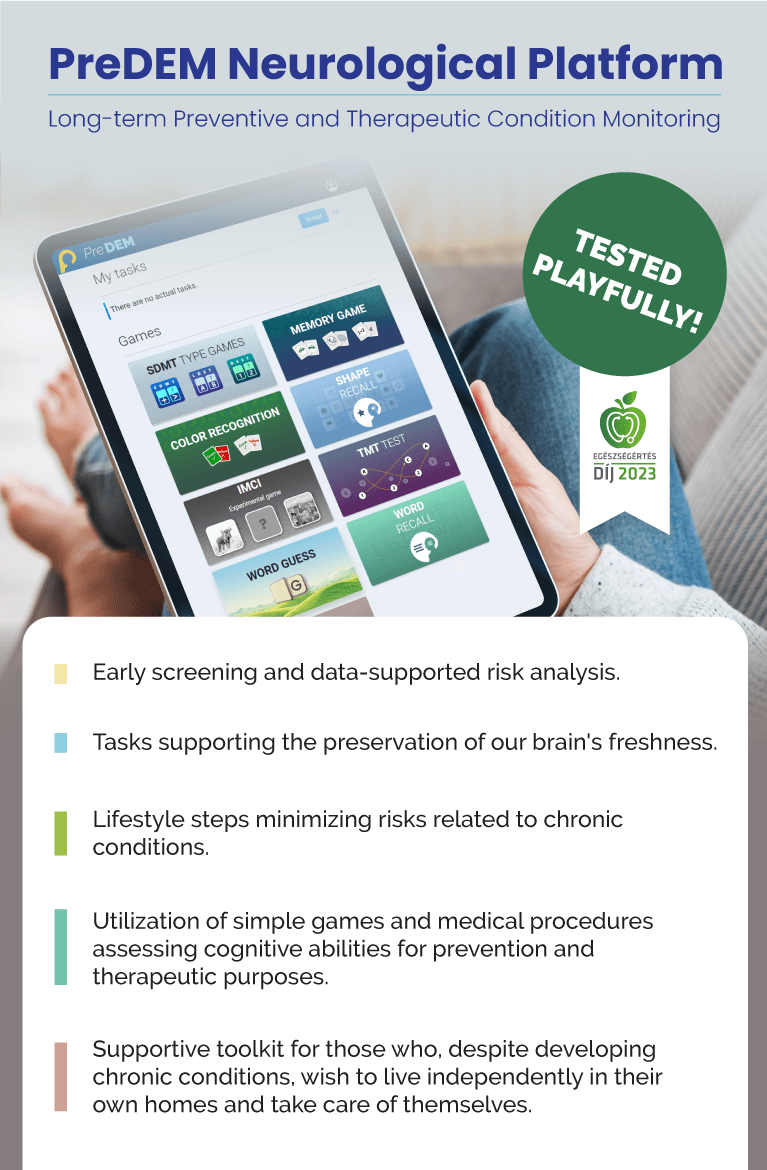

With the support of neurologists
For those who playfully monitor their mental freshness.
-
Dementia
-
Alzheimer’s
-
Parkinson’s
-
Multiple Sclerosis
-
Stroke
-
Depression
-
Stress
-
Post-COVID
Features
Games and clinical tasks
Games and clinical tests are suitable for measuring and training short- and long-term memory functions, as well as monitoring concentration and attention.

Measurement of health data
The success of neurological prevention and therapy relies on recorded health outcomes. Monitoring blood pressure, sleep quality, and laboratory results is particularly important for specialist medical opinions.

Evaluation and condition monitoring
The Platform provides the evaluation of health parameters observed during the performed games and analyzes trends. Condition monitoring enables the early recognition of cognitive changes even in their initial stages.

Patient education descriptions
We provide in-depth information about Multiple Sclerosis, dementia, Alzheimer's disease, Parkinson's disease, related therapies, condition monitoring, and preventive options.

Specialist supervision
Monitoring the performance of our brain is part of neurological consultations and personalized therapeutic treatments. The specialist can view the patient's results online.

Communication
The specialist can directly send messages to the patient through the Platform regarding their condition or therapy.

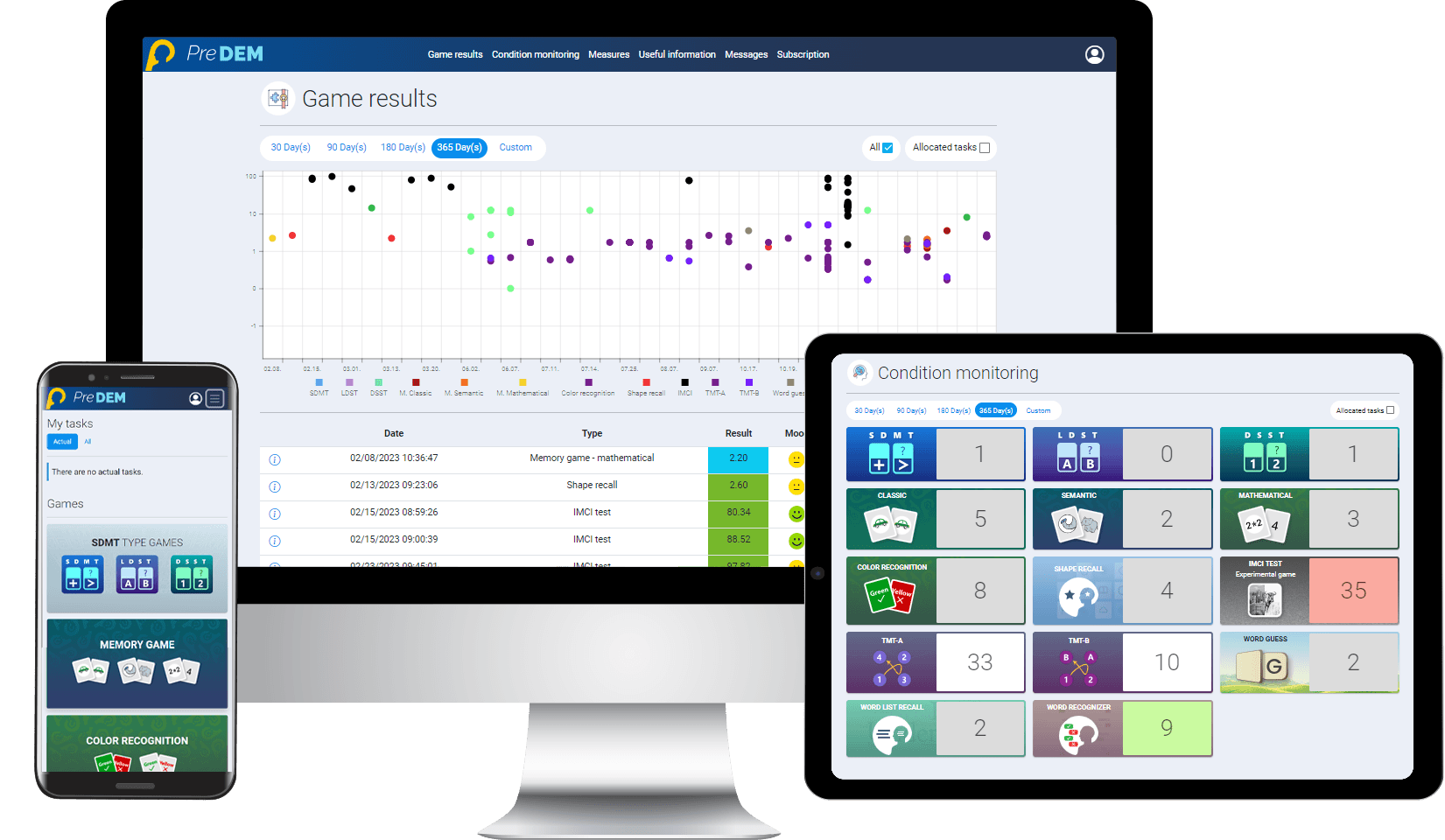
Games of the SDMT type
The SDMT test is an element of the cognitive function test kit, evaluating both sustained attention, concentration, and processing speed. LDST and DSST serve as alternatives to the SDMT test, being more sensitive measures for dementia. The game lasts only 90 seconds.
You can play without registration!
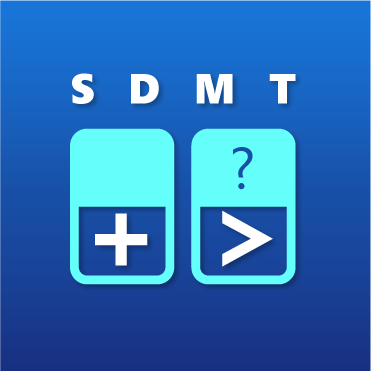
You can play without registration!
Start SDMT
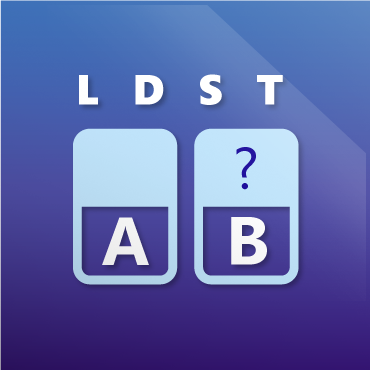
You can play without registration!
Start LDST
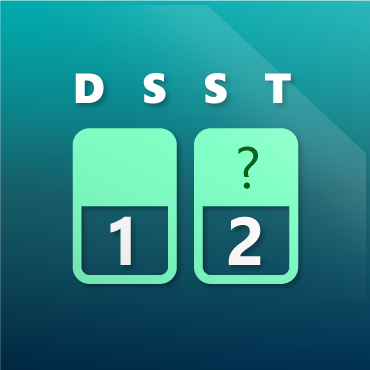
You can play without registration!
Start DSST
Memory check games
Memory games are board games played with picture cards, where cards are turned face down and arranged in columns and rows. Each picture card has a pair, and the goal of the game is to find these pairs as quickly as possible. The games are suitable for measuring and training short-term memory functions, while also observing concentration.

Register to play!
Classic memory

Register to play!
Semantic memory
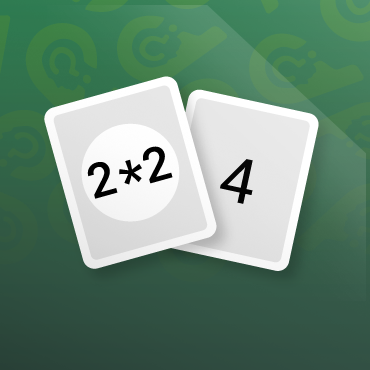
Register to play!
Mathematical memory
Color and shape recognition
The Color Recognition Test is a widely used neuropsychological measurement tool that examines the quality of focused and selective attention, as well as the ability to inhibit irrelevant stimuli.
During the Shape Recall task, 22 seconds are available to memorize shapes, from which 8 shapes need to be recalled. This assesses the player's short-term memory and concentration abilities.
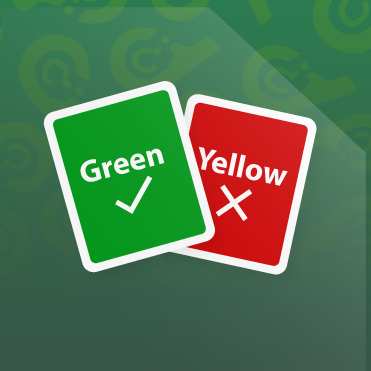
Register to play!
Background color recognition
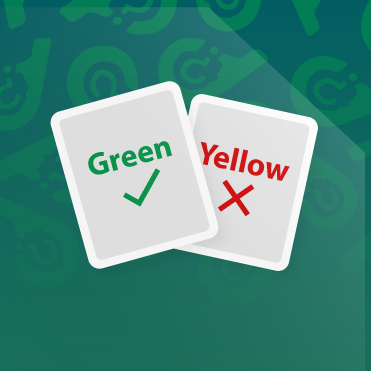
Register to play!
Letter-color recognition
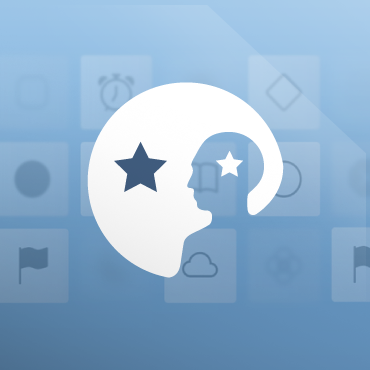
Register to play!
Shape recall
Vertification of Visual Scanning
The IMCI test is an experimental examination that observes the accuracy of primal human instincts in recognizing between animals and non-animals, monitoring reaction time, and analyzing the neurocognitive state of our brain during mapping.
The tasks of the TMT test processing speed, cognitive flexibility, efficient visual scanning ability, as well as other underlying executive functions.
Verbal memory testing
The games test and assess verbal memory. The Word Finder tests long-term memory, while the Word Recall and Word Recognition games primarily aim to test short-term memory and attention.
Connectable Devices
Available on the PreDEM Platform.
Feedback from our users
Seeing the improvement in the quality of life of our satisfied users motivates us to continue our work enthusiastically, and we remain committed to innovation and high-quality dementia care. Thank you to everyone who participates and supports us on this journey.

Borika
65 years old
I started using this at the suggestion of my son. I really like that I can check my brain performance in a playful way. These few-minute games are enhancing. Additionally, I enjoy the workout videos that I can easily do at home.

László
56 years old
My parents passed away from dementia. PreDEM is a very useful preventive tool for me. I play a lot of games on my mobile phone. I believe in prevention; these few minutes of daily play are relaxation for me. I recommend it to everyone in middle age.

Klára
46 years old
After a long bout of COVID, I started forgetting letters and words. A neurologist recommended the PreDEM pilot opportunity to me, and the many games helped rebuild my memory. Thank you, and I appreciate the development team.

Péter
57 years old
Unfortunately, I've had Multiple Sclerosis for many years. PreDEM, with its numerous games and tests, keeps my mental abilities fresh, which my neurologist also confirmed. I play the games regularly, 2-3 times a week. The system is user-friendly.


ISO 9001
NETIS Ltd. - a Qualified Service Provider

ISO 27001
NETIS Ltd. - a Secure Service Provider
Choose the right one for your needs
Basic
RegistrationFREE
- For registered users only
- Games of the SDMT type
- IMCI Game
- Trial version for all games
- Patient education descriptions
Gold
Subscription66 EUR
33 EUR
- For registered users only
- All cognitive games
- Evaluation of game results
- Condition monitoring
- Patient education descriptions
- Measure health data
- Connect smart devices
Platinum
Available at a specialistCustom fee
- For registered users only
- All cognitive games and clinical tests
- Evaluation of game results
- Condition monitoring and surveillance
- Compilation of cognitive thrapies
- Measure health data
- Communication with a Specialist
- Patient education descriptions
- Connect smart devices











